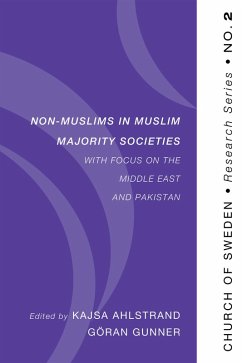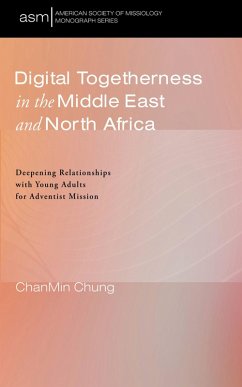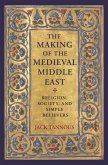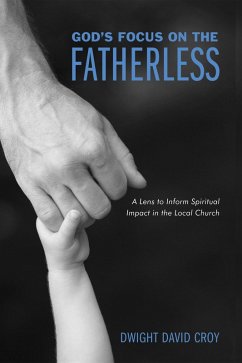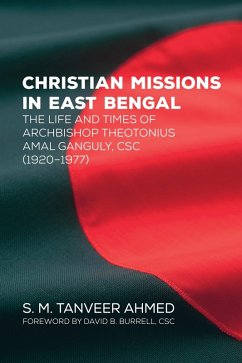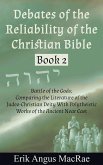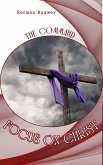In a world where almost all societies are multi-religious and multi-ethnic, we need to study how social cohesion can be achieved in different contexts. In some geographical areas, as in the Middle East and the Indian subcontinent, people of different religious belonging have, through the ages, lived side by side, sometimes in harmony and sometimes in dissonance. In other geographical regions, as in Scandinavia, societies have been quite religiously homogeneous but only recently challenged by immigration. The implication in both locations is that the relation between religious minority and majority is on the agenda. In order to discuss the situation for Non-Muslims in Muslim majority societies, a consultation was convened with both Muslim and Christian participants from Pakistan, Palestine, Lebanon, and Sweden. Some of the participants work in academic settings, others in faith based organizations, some in jurisprudence and others with theological issues. This book is the result of that consultation; the articles are "works in progress," and they remain tentative. The intention with this anthology is to trigger reflection and further thinking. It presents articles that discuss issues such as freedom of religion, minority rights, secular and religious legislation, and inter-religious dialogue in Muslim majority societies. Contributors: Kajsa Ahlstrand, Goran Gunner, Mustafa Abu Sway, Johan Garde, Yasmin Haider, Jan Hjarpe, M. Aslam Khaki, Bernard Sabella, Mehboob Sada, Guirguis Ibrahim Saleh, and Ahmad Salim This book is the second volume in Church of Sweden Research Series.
Dieser Download kann aus rechtlichen Gründen nur mit Rechnungsadresse in A, D ausgeliefert werden.

